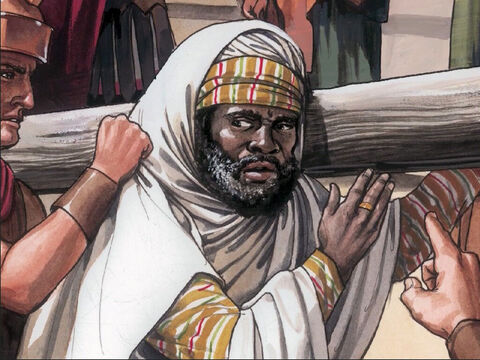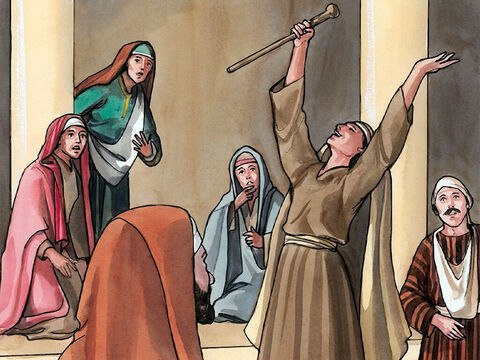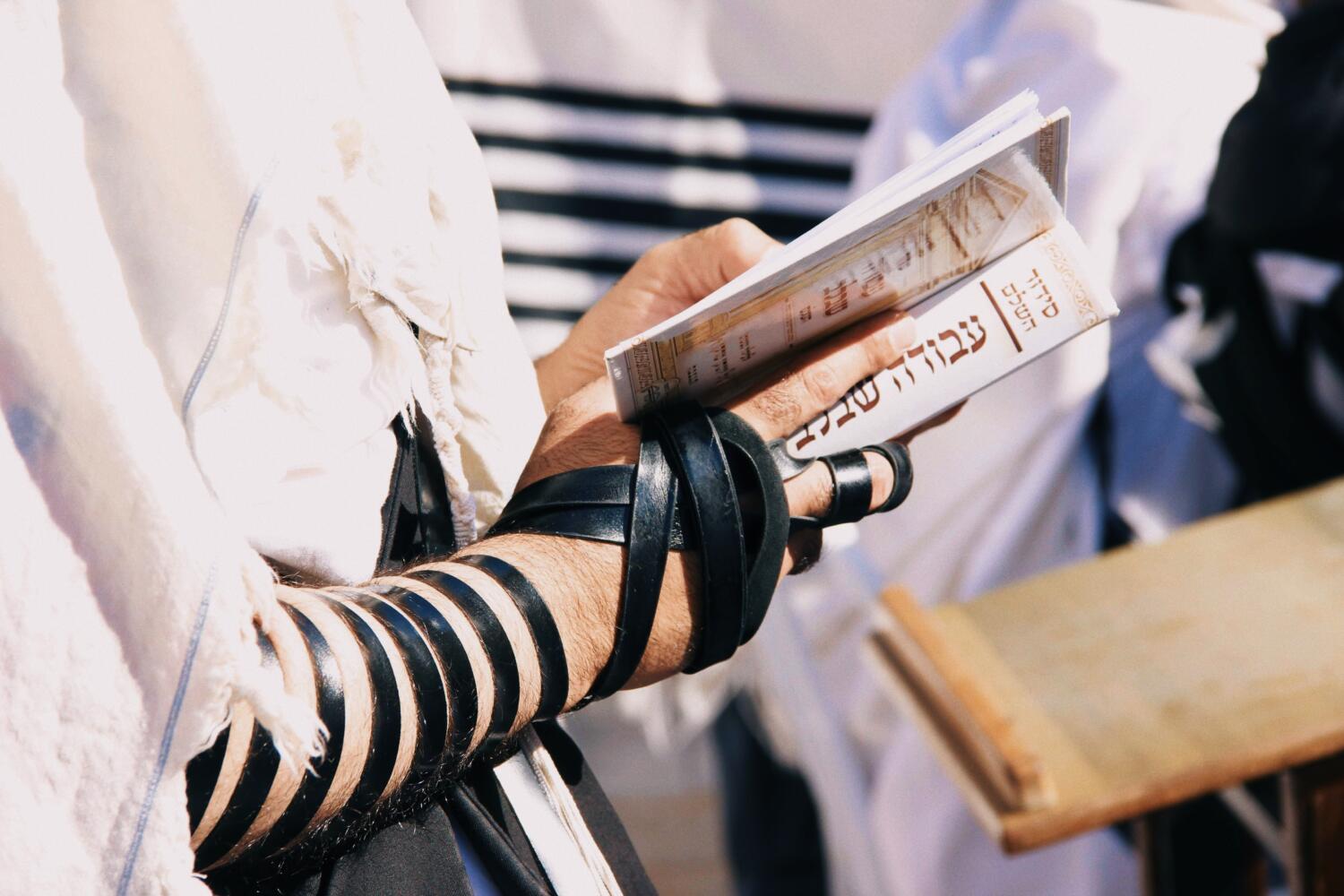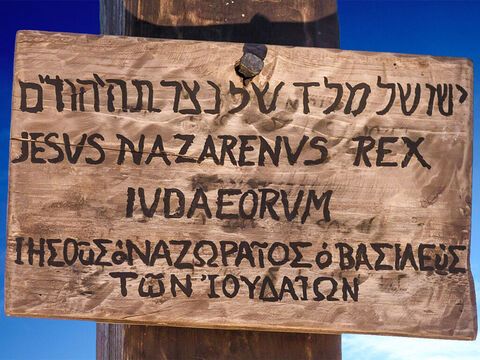Digging Deeper: First Give Yourself to Christ
Author: Mr. Kenneth Frank | Faculty, Living Education
Estimated Reading Time: 4 min.
Did you know that several of the largely Gentile churches the apostle Paul established in Greece generously gave to needy Jewish brethren in Jerusalem and Judea even while they were in need themselves?
During Paul’s evangelistic journeys, he learned that the mother church in Jerusalem was in dire need. Paul communicated to his Greek churches during his third journey that it would be fitting if they donated their material things to the mother church as an act of unity and gratitude for all its spiritual gifts in sending out the apostles to preach the gospel to the world. This dire situation is first introduced in the Book of Acts by its author, Luke, one of Paul’s traveling companions. More is gleaned about this situation by reading Paul’s epistles to the Romans and the Corinthians.
When Jews in Jerusalem accepted Jesus as the Messiah, they were often ostracized by their unbelieving relatives and friends. No doubt, some lost their jobs. To make matters worse, famine stuck their region. Many of God’s original church found it difficult to meet their daily needs. As time progressed, relations between the Jewish community and the Roman government were deteriorating, resulting in the First Jewish War in the 60s AD. Tensions built over many years, causing deprivation in the Jewish community. Because of their newly-found faith, many Jewish Christians suffered even more. Paul reminds the Greek brethren of their Christian duty to be generous in such a time of need.
Macedonia was the northern Roman province in Greece. Here Paul established churches in the mid-50s AD in Philippi, Thessalonica, Berea, and probably other cities. The southern Roman province was called Achaia, where was located the Church of God at Corinth. From afar, Paul wrote his first epistle to this church in which he dealt with several church problems while also requesting that they donate to their needy brethren in Judea. Paul’s protégé, Titus, had begun organizing this donation in Corinth. However, a year later it still was not completed. Paul writes another epistle to them in which he says he will send Titus to them again to complete the collection. While doing so, he reminds them of the sacrificial generosity of their underprivileged northern brethren in Macedonia. The brethren in Corinth were faring much better than brethren elsewhere but had become negligent in this donation due to internal problems. Now that these were more under control, Paul urges them to finish the collection.
2 Corinthians 8 provides an appealing account of Paul’s diplomacy and leadership to encourage the Corinthians to complete the job. Verses 1 and 2 describe the great trial of affliction, seemingly from persecution, that the Macedonians endured resulting in their deep poverty. Nonetheless, they found a way to give generously to their Judean brethren. Verse 3 explains they gave even beyond their ability – they needed no prompting. They donated more than Paul expected (v. 5). So enthusiastic were they that they implored Paul to receive their gift so he could transport it to Jerusalem. Paul calls this “the fellowship of the ministering to the saints” (v. 4).
The secret of their generosity was that they first gave themselves to Christ and then to Paul by God’s will (v. 5). V. 6 refers to their gift as a grace because one of the meanings of this word in the Greek New Testament text is a gift. In v. 7, Paul urges the Corinthians to abound in this relief gift as they do in other aspects of their Christian experience (v. 7). Paul does this as a result of the readiness of the Macedonians and to test the Corinthians in their expressed promise to contribute (v. 8). Paul reminds them of how Jesus left behind some of his divine traits to come to earth that through his humble condition we Christians might become rich by His grace (v. 9). Jesus’ self-emptying is known in theology as the kenosis (Phil 2:6-8). In v. 11, Paul reminds the Corinthians they had begun this project about a year earlier – it was high time they complete it. Yet, Paul did not expect brethren to give what they did not have, but rather from what little they did have (v. 12), like the Jerusalem widow who gave her two mites (small coins) into the temple treasury, as described in the gospels.
The secret of giving is depicted in v. 5, teaching us Christians to first give ourselves to Christ and to each other before we prepare our contributions for others in need, or when we prepare offerings to God and his Work. Offerings are not a set amount, in contrast to tithes, which are a set percentage of our earned income. Christians decide how much they will give in offerings. What moves us to be generous even in times when our incomes are reduced is reflecting on how much our Savior gave up coming to earth to provide us God’s salvation. Through His poverty we become rich (v. 9). Once we give ourselves to Christ and to each other, giving offerings naturally follow.

Kenneth Frank was born and raised in New Jersey, USA, and attended Ambassador College, graduating in 1973. He served in the Canadian ministry from 1973-1999, after which he returned to the USA to pastor churches in Maryland, Virginia, and North Carolina for 15 years. Having earned a BA degree from Ambassador College he later earned a MA degree from Grand Canyon University before being assigned to the Charlotte office to teach at Living University, now Living Education. Currently, he teaches the Survey of the Bible course to the on-campus students and writes the Digging Deeper column for our online Bible study program. He is married, has four children, and seven grandchildren.









